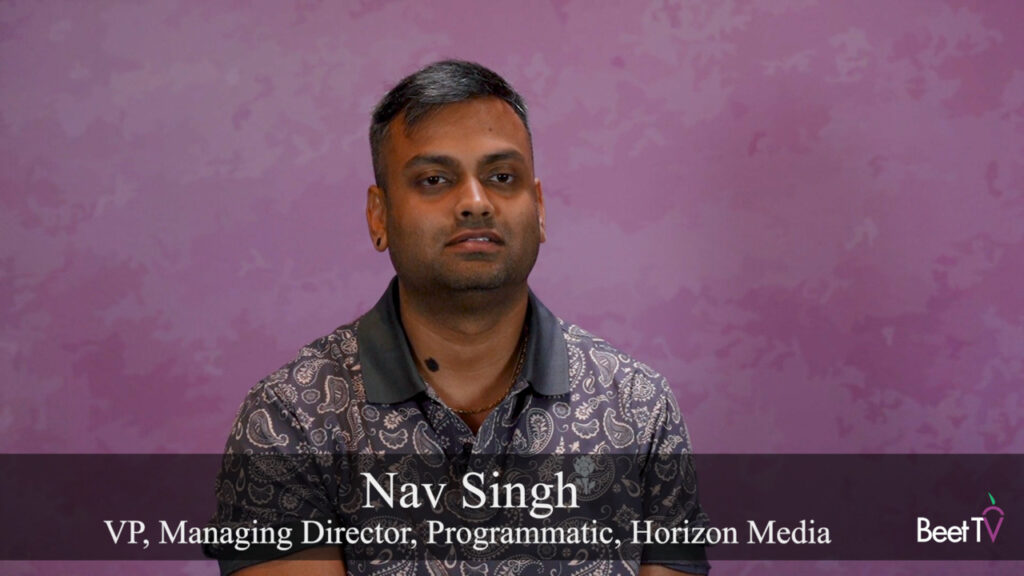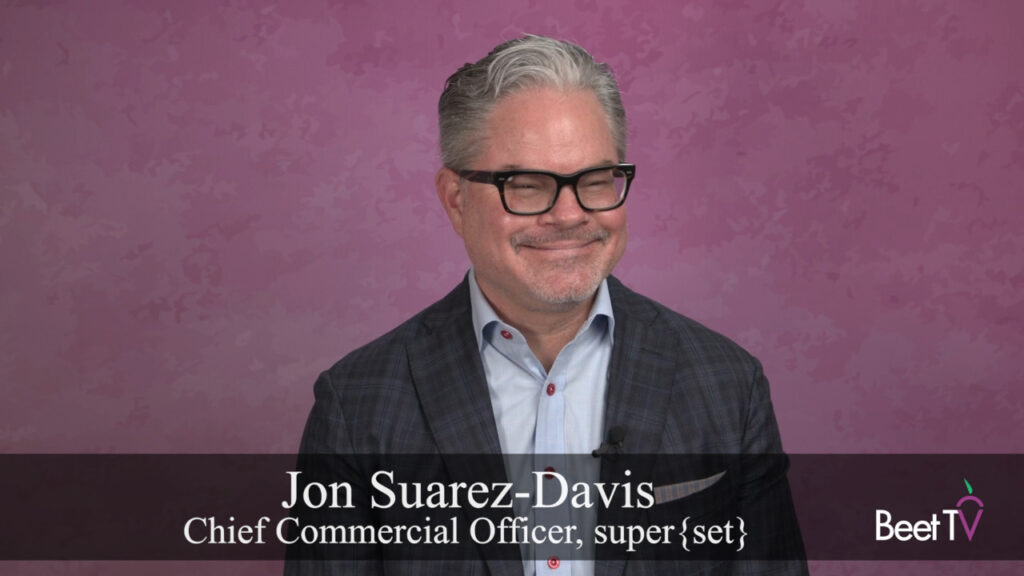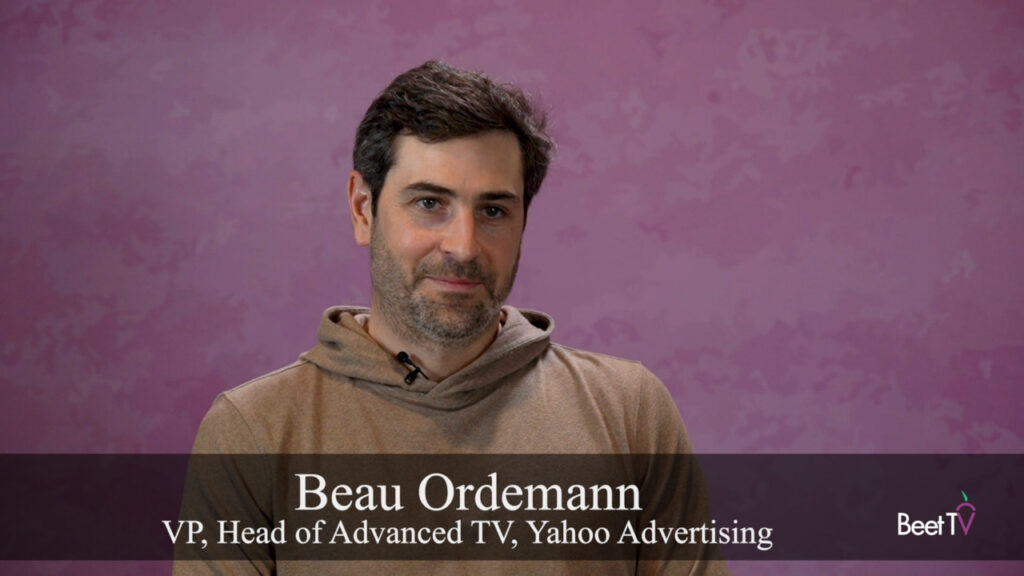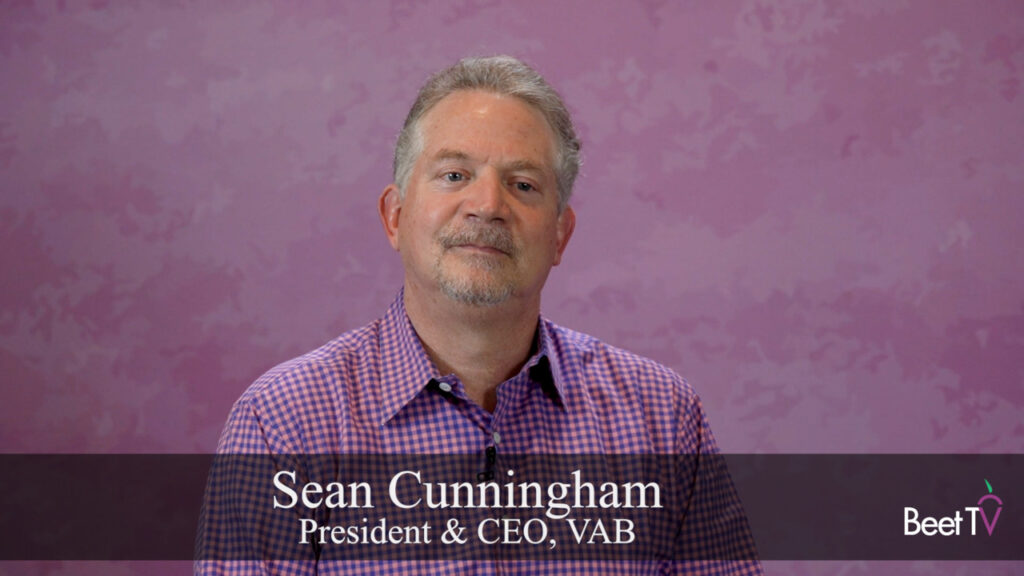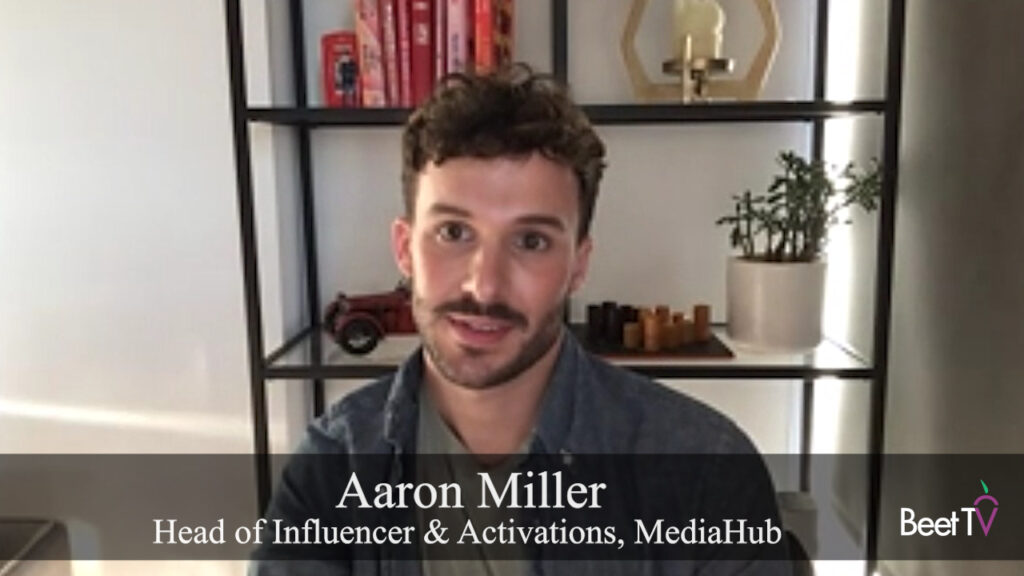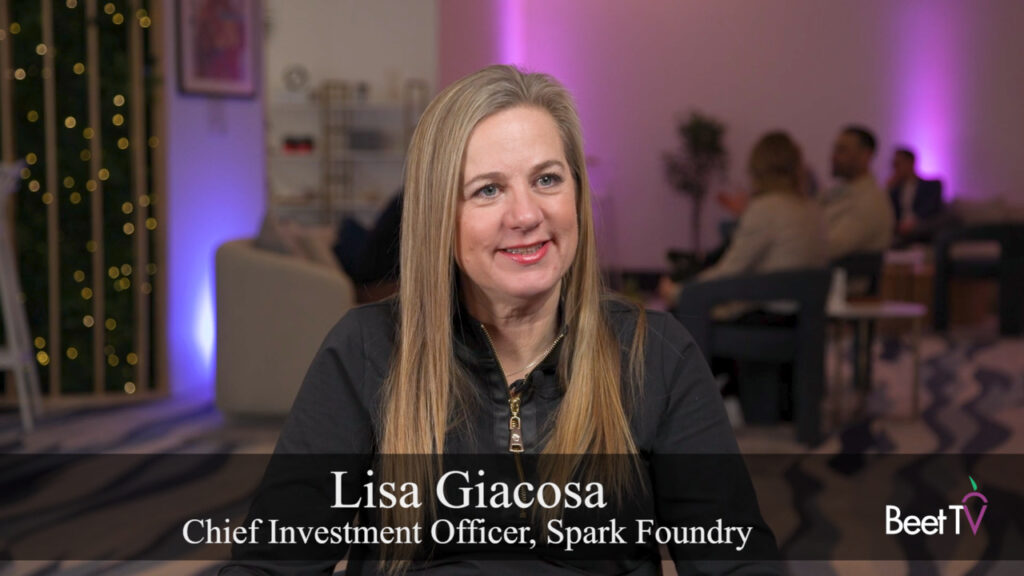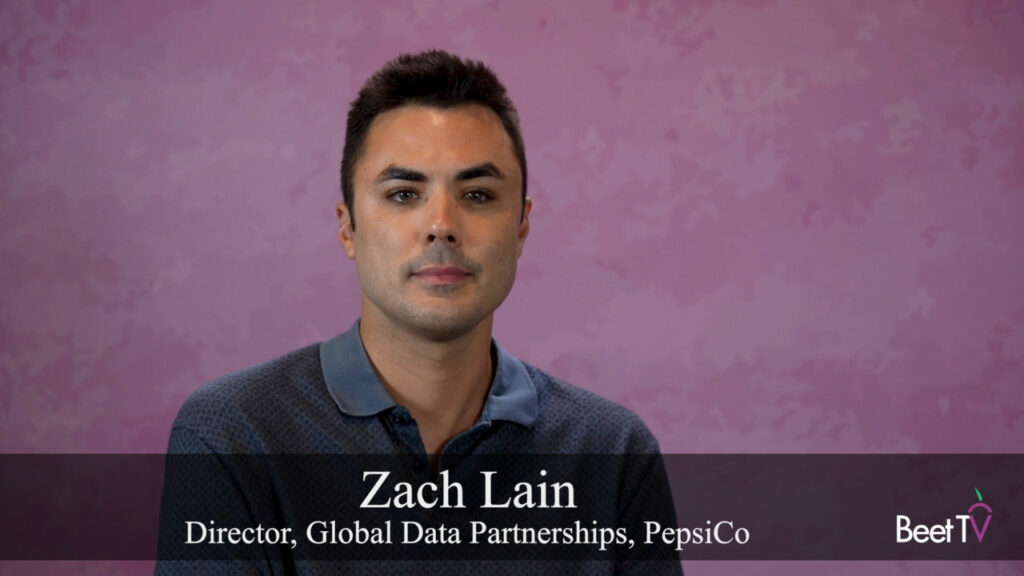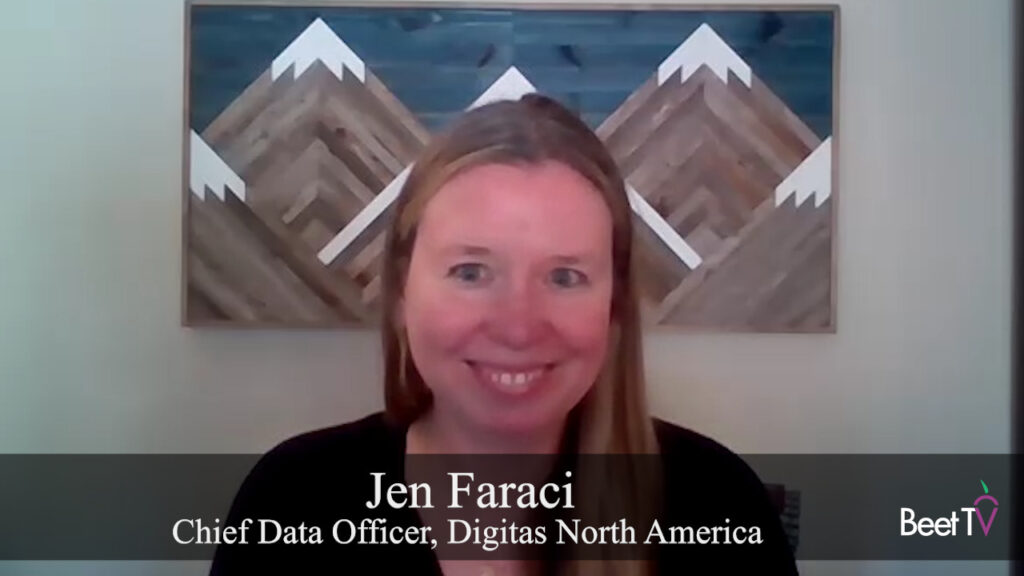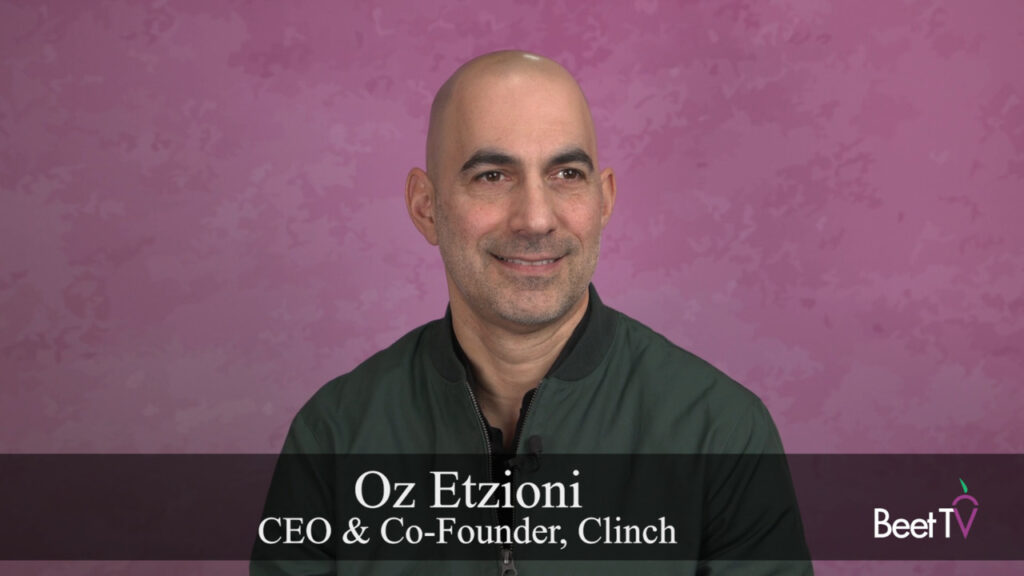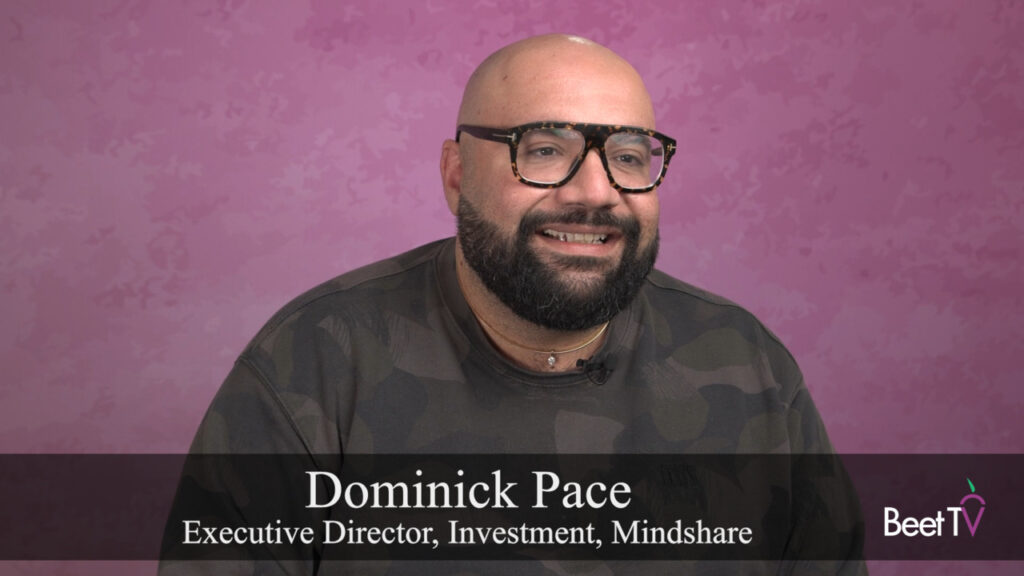
Firefox 3.5, the next big release of the popular browser, will be released to the public on Tuesday, a spokesperson for Mozilla confirmed today.
The new browser will be a big step forward. It is "the next evolution of the browser," Mozilla's Director of Evangelism Chris Blizzard told me in this interview.
It will mean a faster browser and a "new generation of Web applications, including video," Chris explains.
I interviewed him last Friday at the Open Video Conference in New York.
This is our second interview with a key Mozilla executive. Yesterday we published an interview with Mark Surman, executive director of the Mozilla Foundation.
Betanews published a report this evening about the anticipated Tuesday launch.
Andy Plesser, Executive Producer
Video Transcript
Chris Blizzard: Firefox 3.5 is going to include a bunch of new capabilities for software developers, one of which is open video, not only in terms of how it interacts with the rest of the browser in terms of how it integrates with JavaScript and HTML, but also including free and royalty free formats as well. The interesting thing is that this is going to be the next evolution of the browser. We've gotten to a point now where we can build these large really wonderful Ajax-enabled applications that we've seen on the web. I think that this is the beginning of the next few years of the next generation of web applications including video, including more processing power, faster script engines, being able to do more things at once with word threads, all these sort of technical things that sound like jargon but really will enable a new generation web applications to show up.
Andy Plesser: Because right now video is primarily Flash, some Silverlight, but primarily Flash. What is this new, the new applications? Is it Flash is it other things, what what will it be?
Chris Blizzard: Well, I think the big thing about what we're gonna see with the new format is that you'll be able to produce videos and be able to do really interesting things with really interesting effects without having to use Adobe's tools, which will hopefully enable a new generation of web developers to be able to just do different things. You're able to integrate it very easily with other sources of web content: the demonstration we gave this morning was mixing video with a data feed from Twitter. All of that stuff put together means that we can take on these pieces, all these social networks, all this stuff that's going on with people producing their own content and be able put it together in really interesting ways and anybody can do it, right. They don't necessarily need tools from one particular company, either Microsoft or Adobe, to be able to do it.
I don't know how it's gonna evolve, nobody in this room knows how it's going to evolve. We're just providing those pieces and the building blocks for people to be able to do on their own. I think that that's the story of successful innovation is that it always takes, you know, an army of thousands of people experimenting and failing before you find the one thing that really takes off with people and that's really the revolution that we want to create.
Andy Plesser: And when will we see the HTML 5 do you think?
Chris Blizzard: So it's gonna be shipping, I think, in every major browser except Internet Explorer. We're going to see it in Firefox 3.5. That's going to be released probably the next few weeks sometime. We're…it's going to be the new version of Chrome, it's going to be a new version of Opera, it's gonna be in the new version of Safari that just came out. So we're already starting to see it on the ground.






